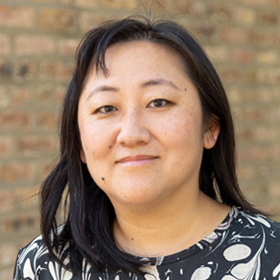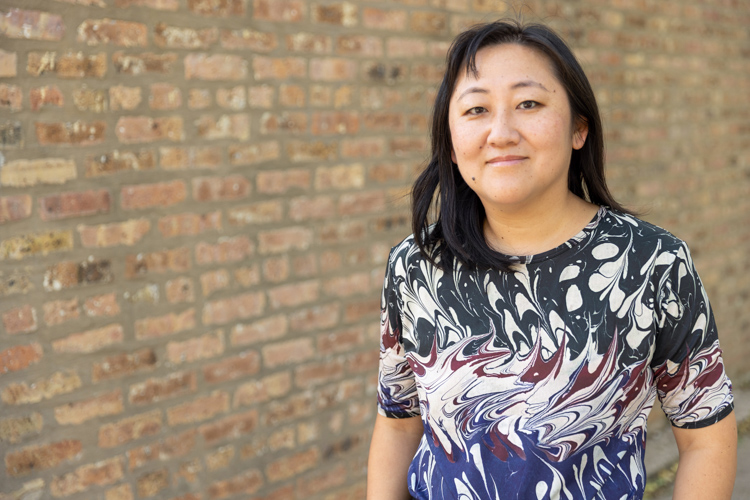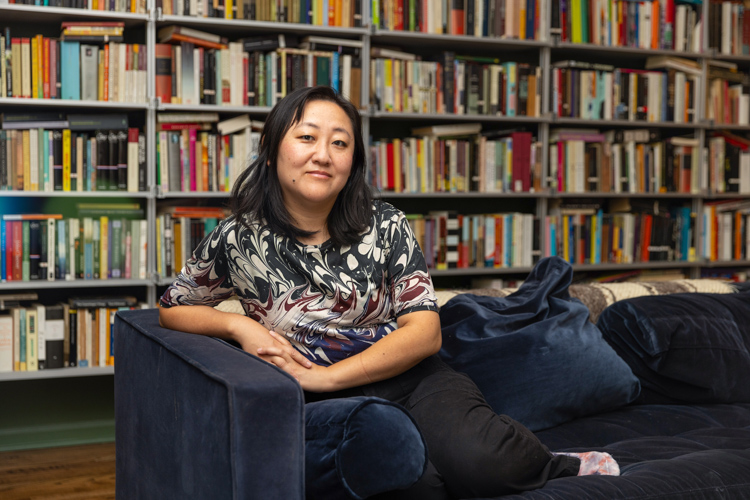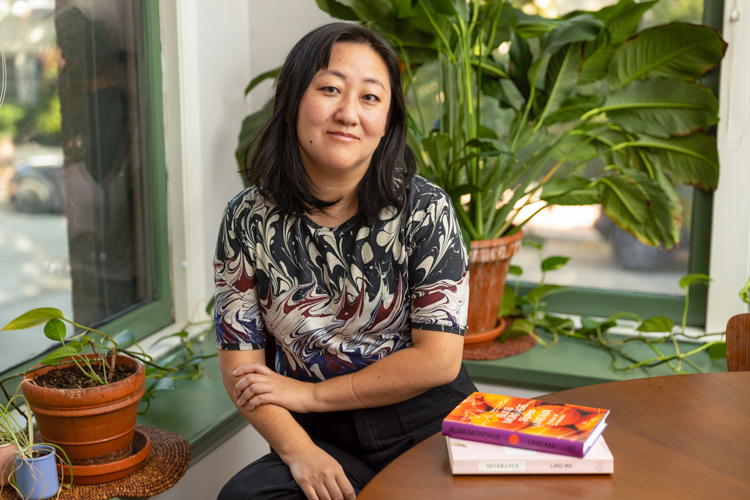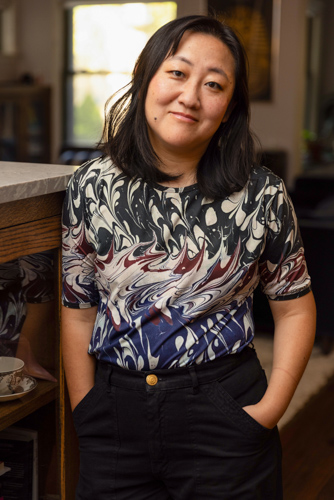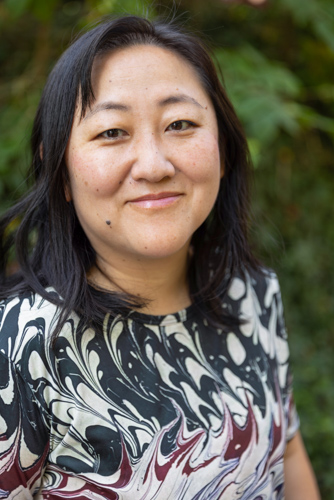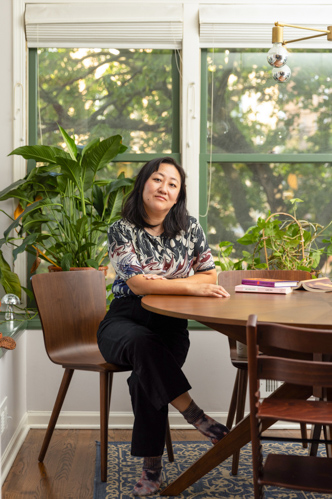About Ling's Work
Ling Ma is a fiction writer mixing speculative and realist modes of storytelling to reflect on the systems that structure our lives in a globalized, capitalist era. Many of her characters navigate jobs, relationships, cultural expectations, and hyphenated, immigrant identities that both trap and liberate them in various ways. Ma often grounds her fictions in familiar settings and scenarios—corporate offices, a one-night stand, a shopping mall—and then surprises readers with fantastical plot turns. Delivered with a deadpan sense of humor, these turns throw into relief the surreal aspects of our contemporary condition and our attachments to routines and consumer goods in the face of loss and disconnection.
The protagonist of Ma’s apocalyptic novel Severance (2018) is Candace Chen, a twenty-something Chinese American woman who is one of few survivors of a devastating fungal pathogen. Those infected with “Shen Fever,” which is believed to have originated in the manufacturing hub of Shenzhen, China, enter a zombie-like state, endlessly repeating a mundane task from their daily lives until they waste away. As Candace narrates her escape from New York City and initiation into a group of fellow survivors, she flashes backwards in time to earlier chapters in her life: her childhood in Fujian, China; her mother’s homesickness upon immigrating to the United States; and the rhythms of her publishing job as a book production coordinator in Bible manufacturing. Ma experiments with the conventions of several genres at once—zombie apocalypse, immigrant narrative, office satire, and critique of capitalism—to create a deeply affecting and unsettling novel.
The uncanny stories collected in Bliss Montage (2022) also blur genre distinctions and explore characters’ attempts to understand and be understood by others. Several stories end hauntingly with a missed epiphany or strange disappearance. The narrator of “G,” for example, becomes permanently invisible after her childhood friend (and rival) gives her a too-potent dose of a drug. “Peking Duck” centers on a daughter’s account of her mother’s experience as an immigrant to the United States. Through a complex framing device of nested stories, Ma presents a powerful meditation on the appropriation of others’ memories, the burden of representation, and our desire for stories to dispense a moral or a lesson. With her richly layered works of fiction, Ma provides readers with startling vantage points on the alienating aspects of contemporary life and the roles we play in perpetuating them.







